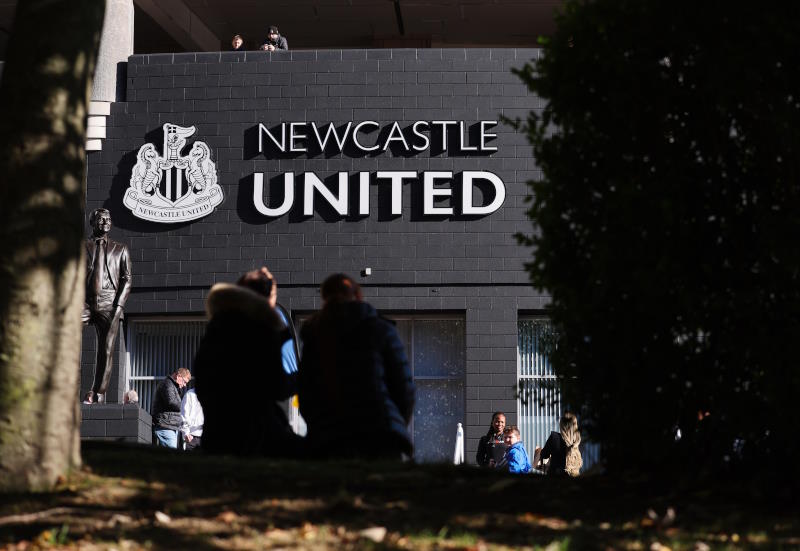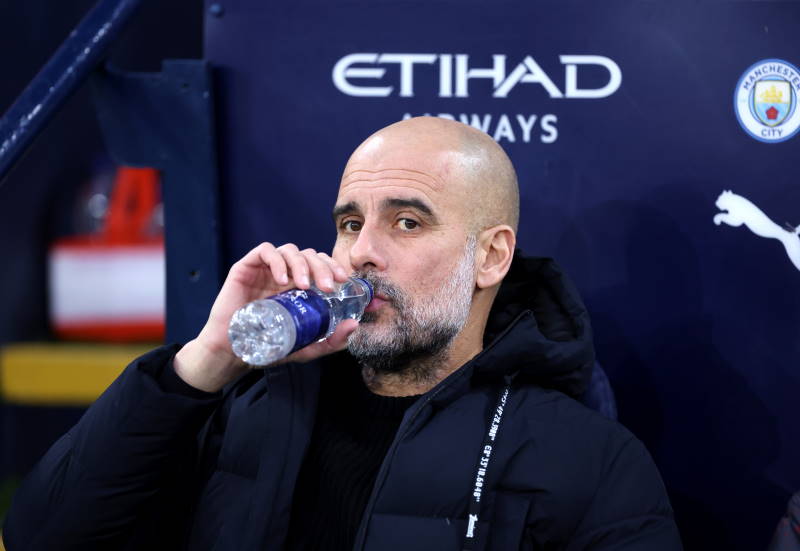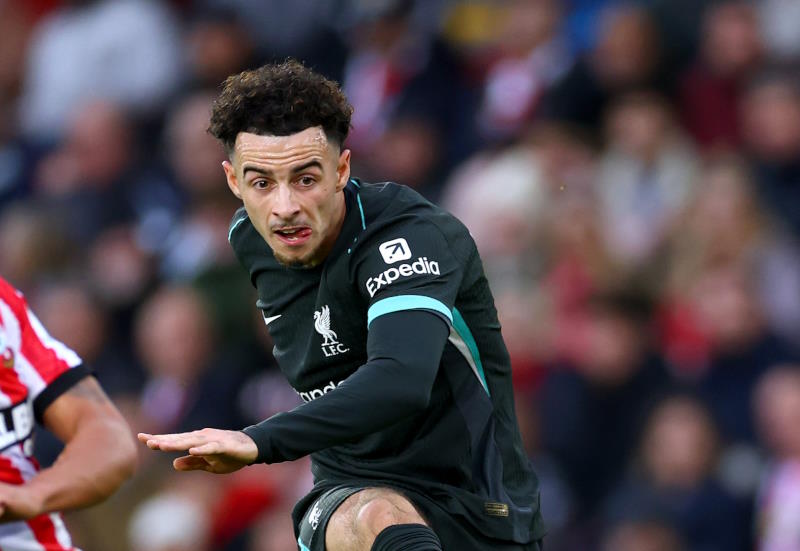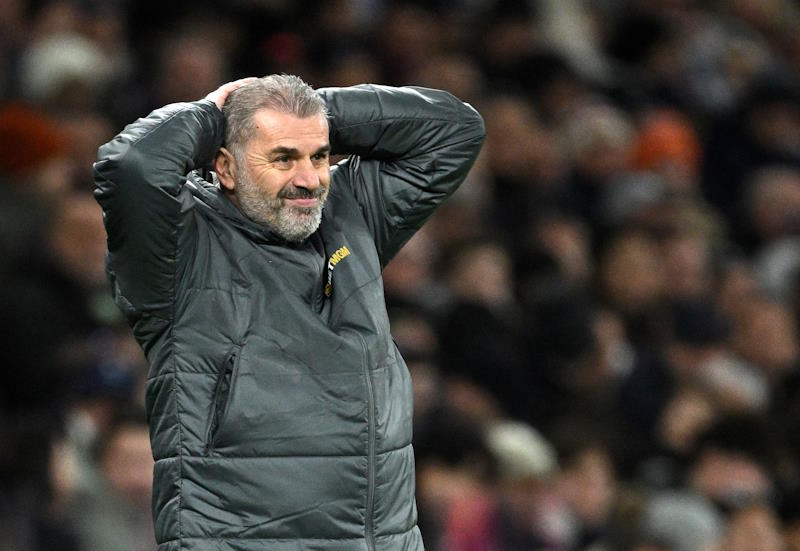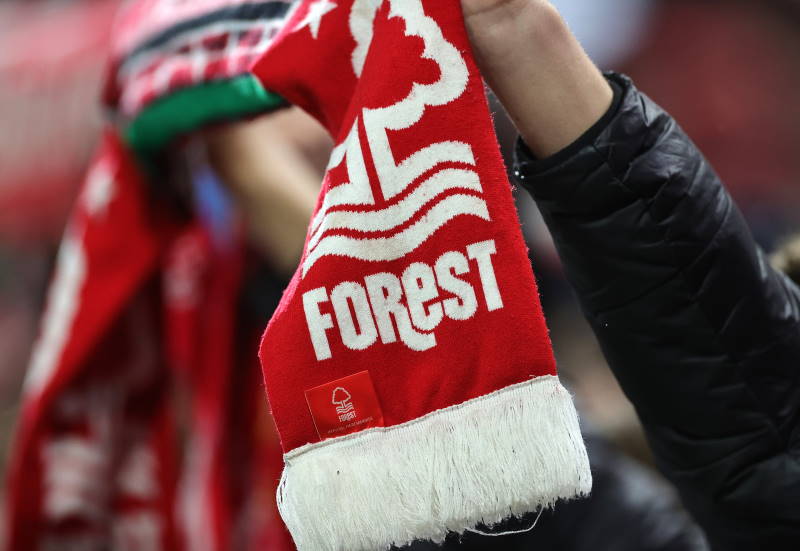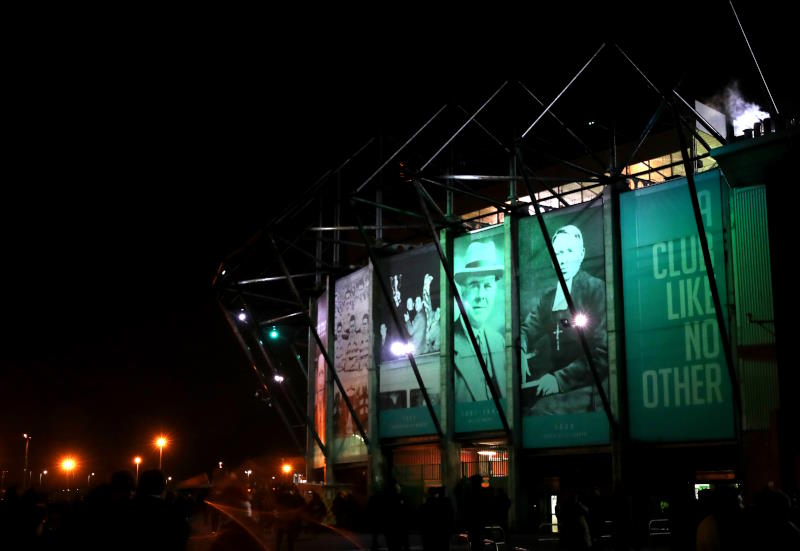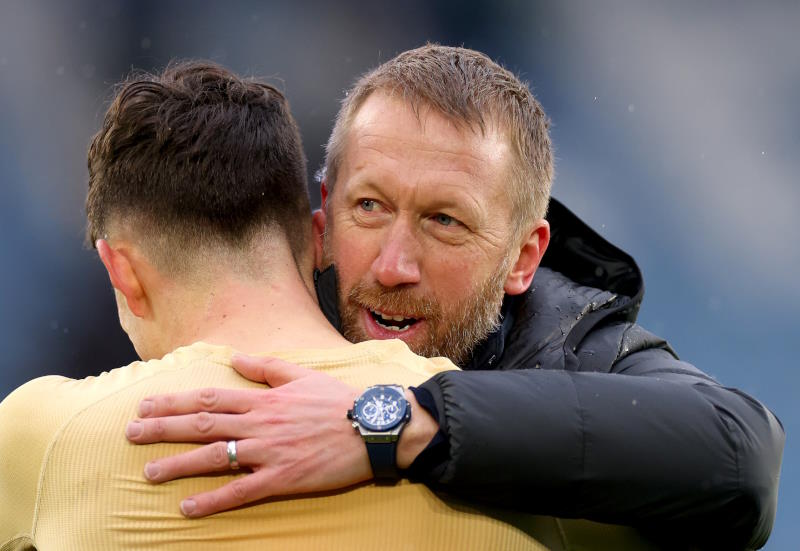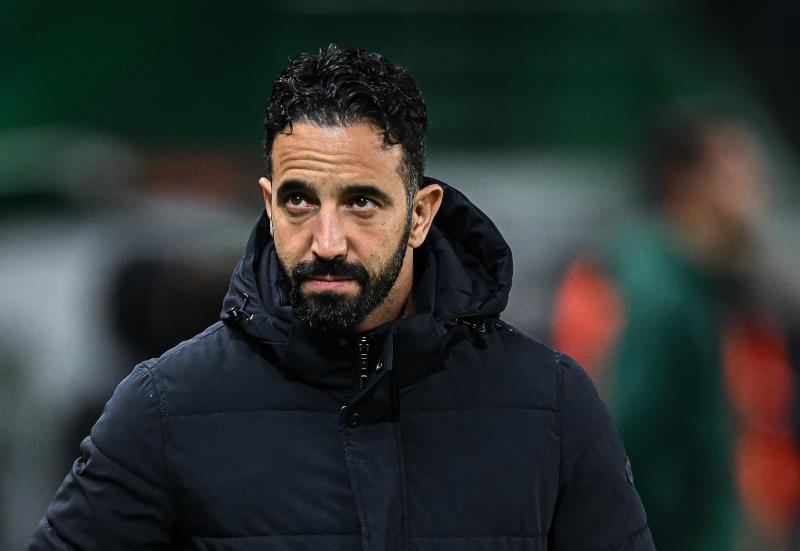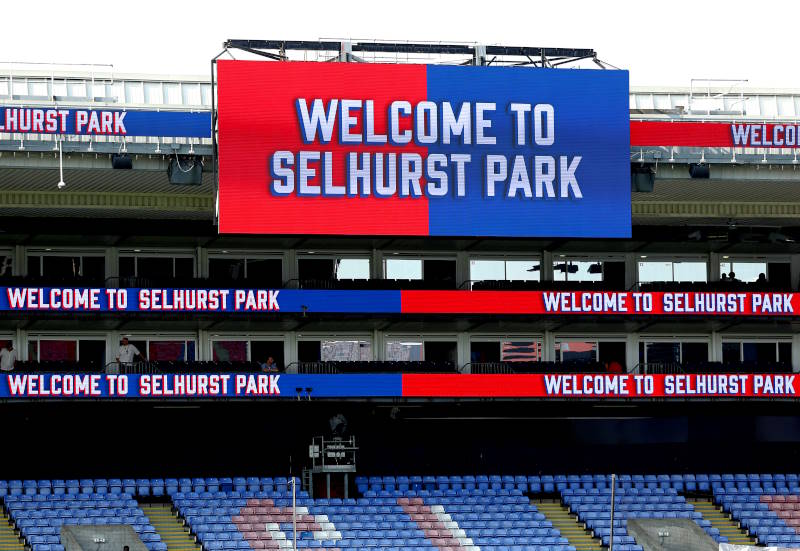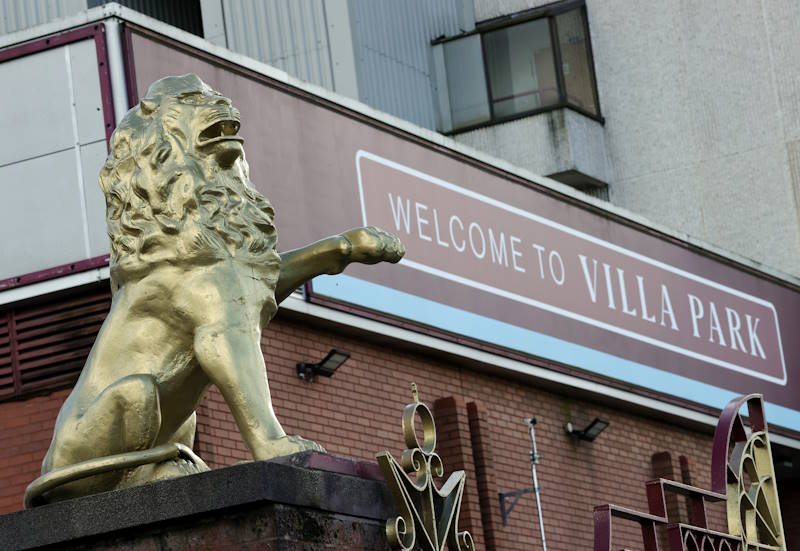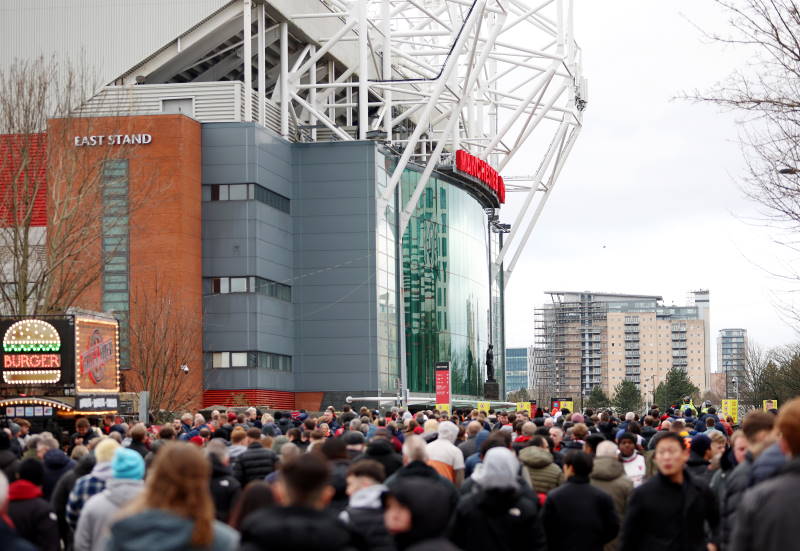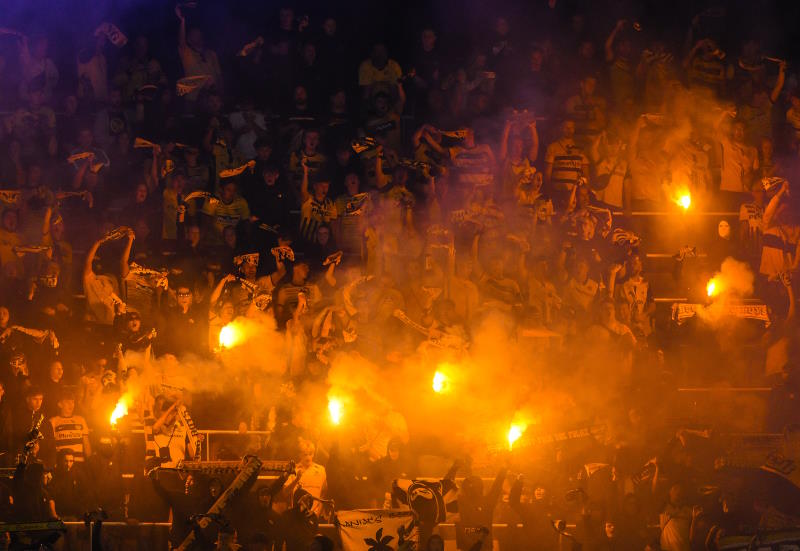
Allen Hamilton
Football has a strange relationship with sentimentality. It may have been eroded by the influx of bean-counters at the top of the game, but fans are still more willing to don rose-tinted glasses when a club’s former player, or manager, is in the dugout. Liverpool’s sacking of Kenny Dalglish, an icon on Merseyside, is a hard-headed decision, and one which threatens to turn a section of the side’s support against their American owners Fenway Sports Group, but ultimately, the non-footballing suits’ emotional detachment from Anfield has allowed a difficult decision to be taken quickly.
Liverpool’s performance in the Premier League this season has been unacceptable by the club’s standards – and of that Dalglish was well aware. "We won’t say the points tally is satisfactory to anyone who works for or supports Liverpool Football Club", he said as recently as 14th May. Dalglish stood firm in the belief that the Reds had not got their just rewards for performances he claimed in the same breath to be "excellent in a lot of cases", though this stood in stark contrast to the points total his side finished with. The Scot’s continued insistence that "they just need a bit of luck", and "it’s not as if there’s something drastically wrong. It’s just a piece of good fortune that we need", began to sound like a man who had run out of ideas and could not fathom why the team he had assembled at a cost of around £110M could not manage to perfect the art of hitting the back of the net and not the post. The suggestion that signings such as Andy Carroll, Stewart Downing and Jordan Henderson were not yet good enough craftsmen to deliver, a little like a plumber who almost fixes a leak or a carpenter whose table wobbles due to one slightly shorter leg, was overlooked.
Indeed, Dalglish’s appearances in front of the press began to resemble a battle-weary boss, who had been holed up in the dugout for years, not 18 months. His words of persuasion that, counting the amount of times the woodwork had been rattled pointed to a soon-to-arrive bright future, had echoes of another former Liverpool manager, Gerard Houllier, who towards the end of his reign lectured that the amount of corners his side had won throughout the season was evidence that a golden dawn awaited, if only those who dared to criticise could put aside their doubts and glimpse it.
It is the cold hard statistics of success or failure that have done for Dalglish. Six wins at Anfield in the league made a mockery of the ground the 61-year-old knew as a fortress in his previous spells as player and manager. Loyal acolytes sought to defend Dalglish, in much the same way a group had clustered around previous manager Rafael Benitez, with mutterings about "net spend" in the transfer market and a correlation between wage bills and success. Similar arguments could not be wheeled out in defence this time after figures for 2010/11 showed that Liverpool had the fourth highest wage bill in the Premier League, while no rational explanation for why a £35M Carroll should not perform like a £35M striker, irrespective of the players offloaded to afford him (just one, Fernando Torres), or why a £20M Downing could manage not a single goal or assist in 36 Premier League outings, have yet to surface.
Such thoughts would surely have occurred to Fenway Sports Group when drawing up a transfer budget for the upcoming summer. Director of football Damien Comolli could not be trusted to spend their dollars wisely and, evidently, neither could Dalglish. Liverpool’s American owners may not have felt able to question the wisdom of offloading Italian international Alberto Aquilani for late-bloomer Charlie Adam last summer, or shipping out experienced Champions League campaigner Raul Meireles to make way for English prospect Jordan Henderson – all for a net loss of around £14M – but even from 3,500 miles away, black and white results could clearly be judged. And if Fenway Sports Group lost faith in the ability of Comolli and Dalglish to spend the beans generated so judiciously through impressive sponsorship deals struck with Standard Chartered and Warrior, then keeping Dalglish would mean restricting the cash flow and a year of stagnation, as the Scot battled to keep his head above the water, pulled down by underachieving multi-million pound millstones, around his neck that he could not abandon for fear of admitting the error of their purchases.
Dalglish’s selflessness for the Liverpool cause is admirable and the ex-forward has always maintained that no man is bigger than the club. Not for him, sniping from the sidelines, and his successor can expect nothing less than unqualified support; this is a man who calls Liverpool home and sacking him leaves a bitter taste in the mouth, even if it is right or wrong. But the tragedy of the situation may well be that, towards the end of last season, he had hit upon a winning formula. A poor transfer window, combined with other changes in the internal dynamic (read backroom staff), combined with a pile of transfer cash just begging to be spent, led to a season of regression. That Dalglish should have glanced at Arsenal and Chelsea, even Newcastle United, to know that better value and far more technically accomplished players – to play his favoured pass-and-move – tend to have non-UK passports, will surely haunt him.
While Dalglish can always rest assured at having ended Liverpool’s trophy drought and count upon the love and admiration of the Kop, the future for the club is less clear. Fenway Sports Group know Champions League football is needed; without it a new stadium is not a viable investment and the shrinking of the club into the pack, a la Aston Villa, is possible. And this has dominated their decision making. But can a group with only basic footballing knowledge pick a managerial gem? Dalglish, despite being hauled over to the United States for his marching orders, is a big enough man to hope so.

